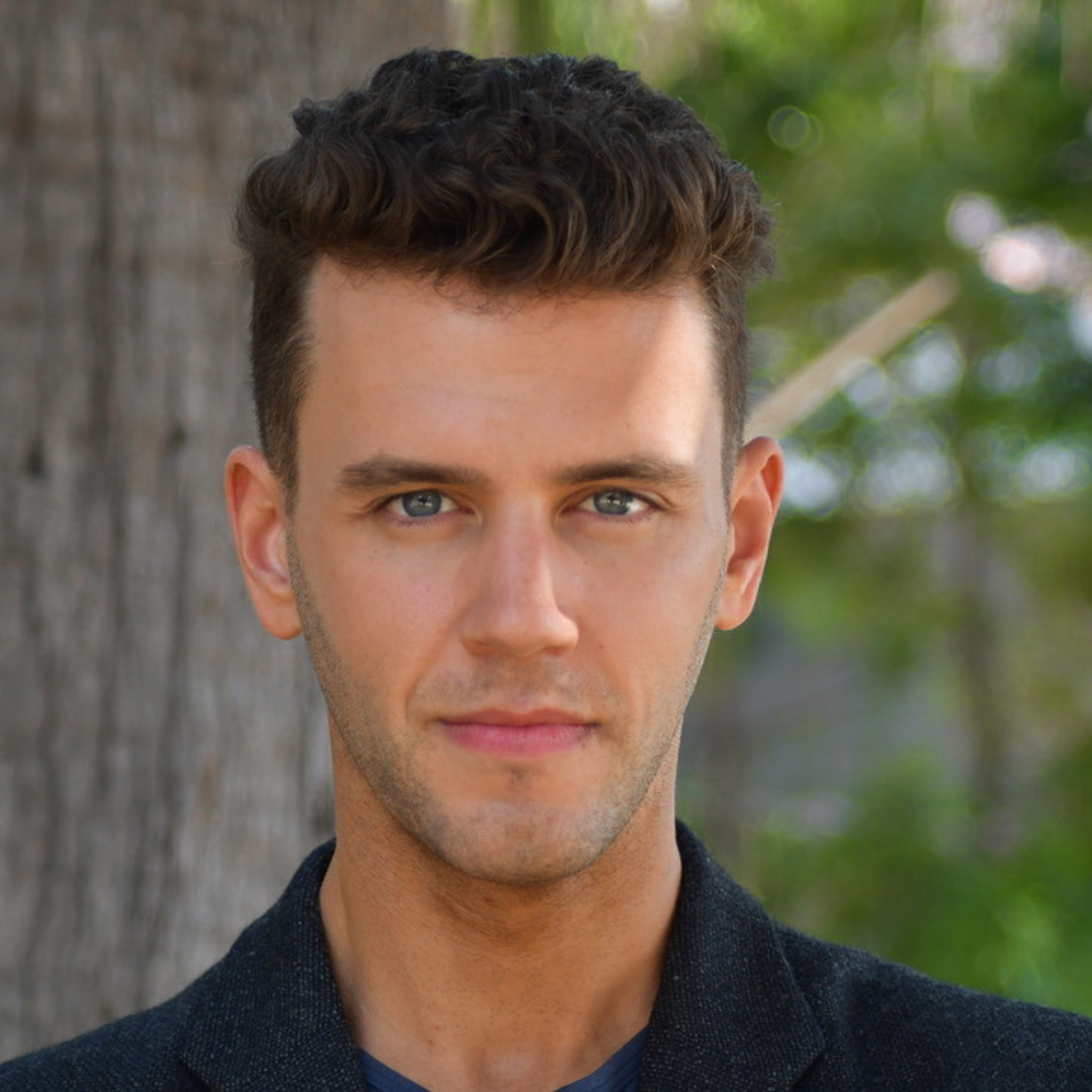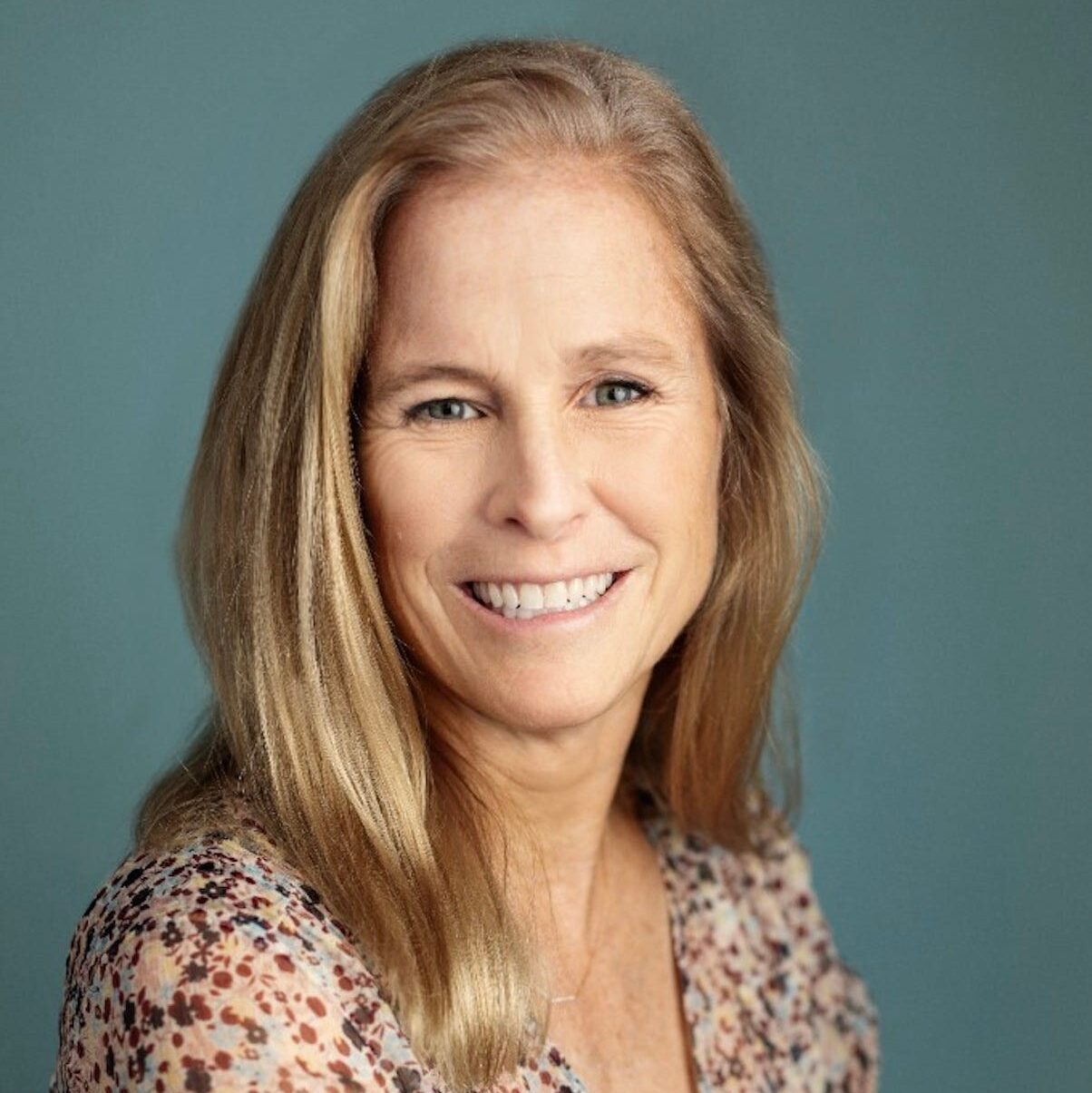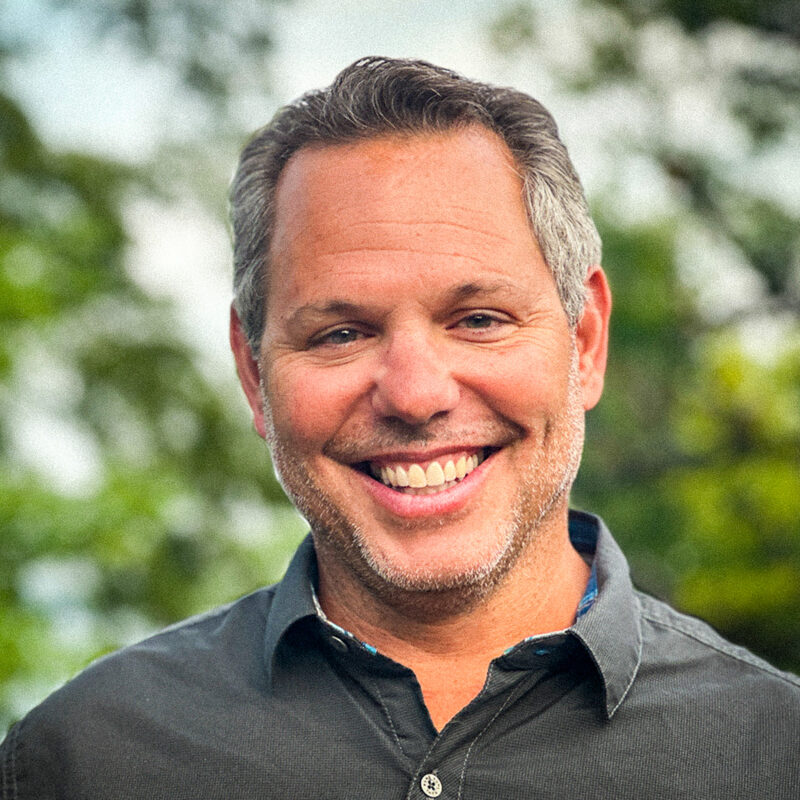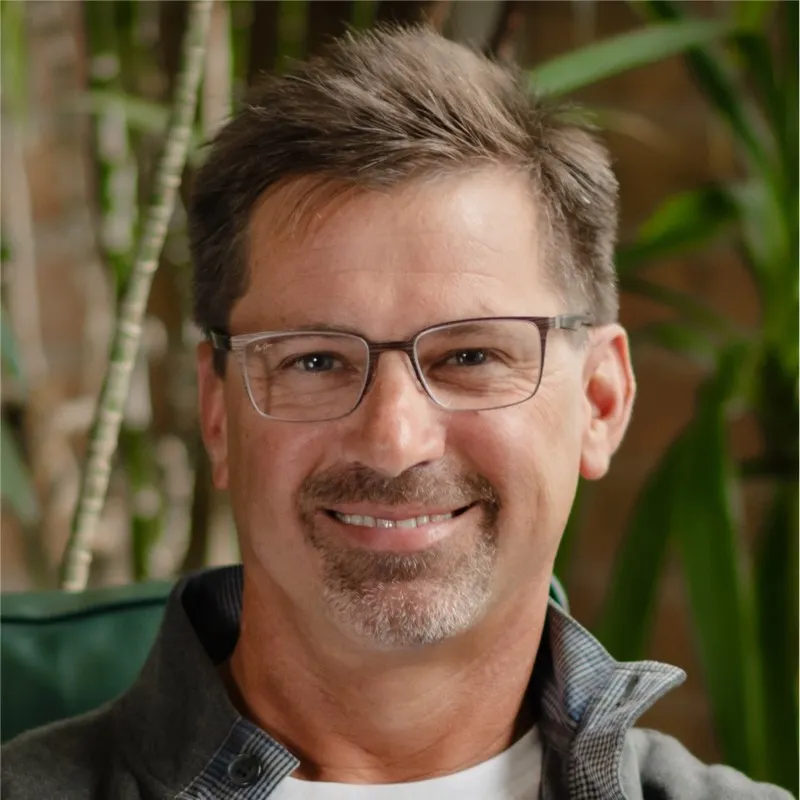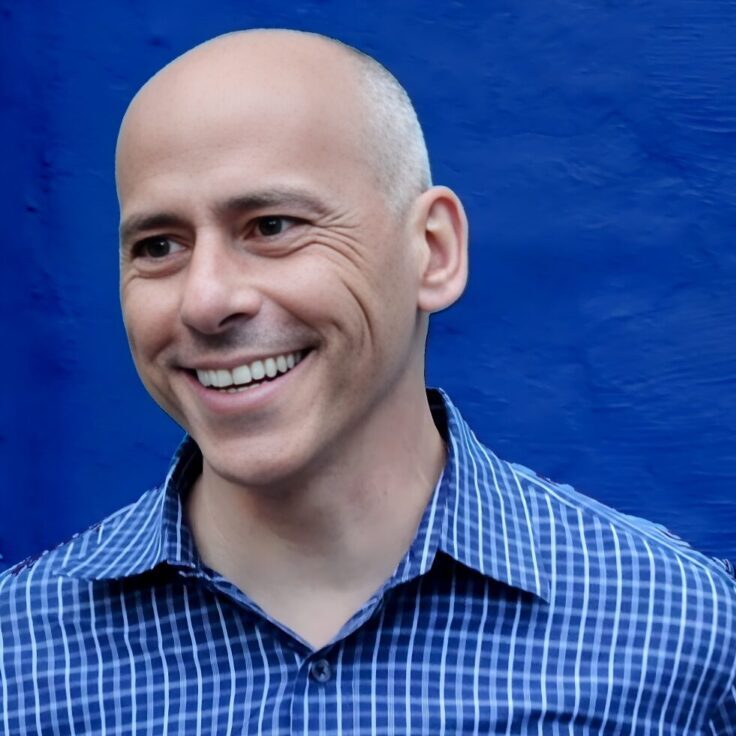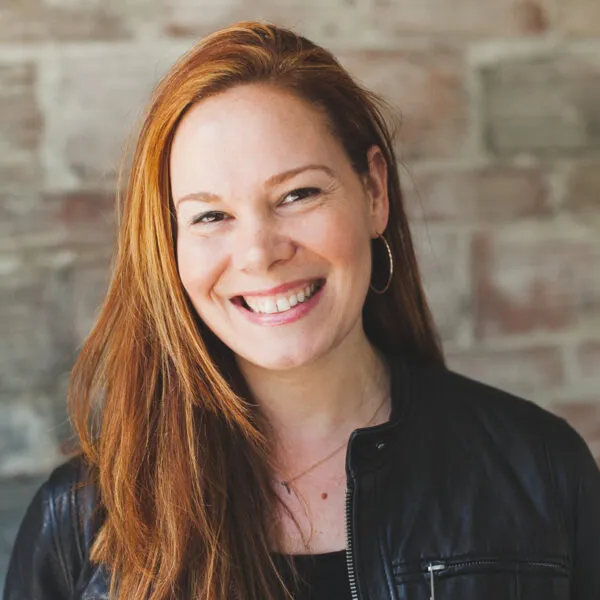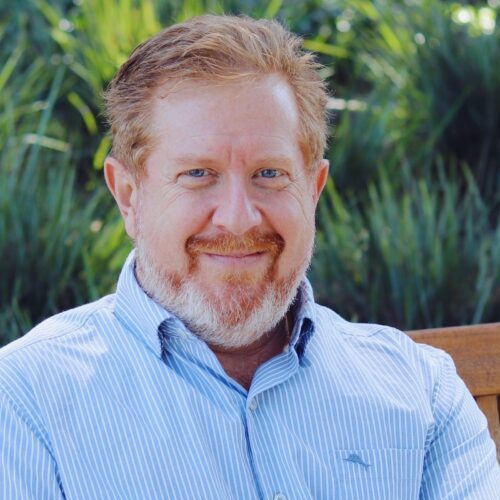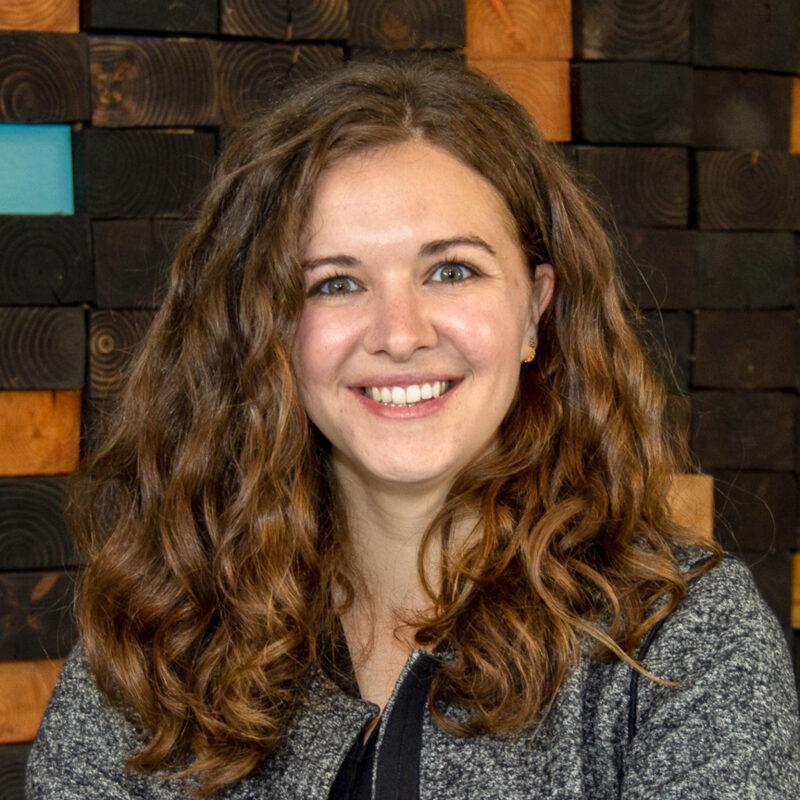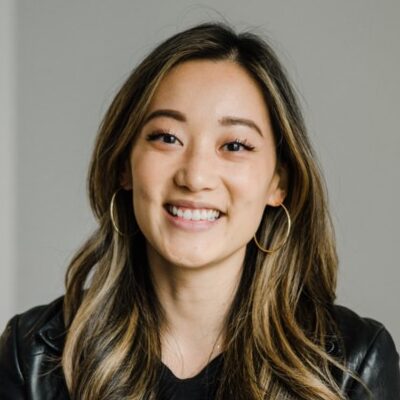BE A LEADER AMONG THE BEST
The Entrepreneurial Leadership Program (ELP) is a prestigious initiative at the University of Michigan that empowers a select group of ambitious students to develop the functional, managerial, and leadership skills that distinguish great changemakers. With a rigorous, experiential curriculum, ELP equips some of the university’s brightest minds to embark on entrepreneurial journeys both during and after their college careers. Open to students from all schools, colleges, and academic programs, ELP fosters a vibrant and diverse community of aspiring innovators.
The Coaching Connection Program invites experienced entrepreneurs, investors, and tech-focused business leaders to serve as coaches for our ELP students. As a coach, you’ll remotely guide a current cohort member through four virtual, one-hour sessions between February-July. These meetings are centered around achieving entrepreneurial career goals designed by the student, offering a meaningful opportunity to share your expertise, expand your network, and shape the next generation of leaders.
Join us in making a lasting impact—your insights could be the catalyst for a student’s breakthrough success.
ELP COACHING TIMELINE
program Q&As
Who is in the ELP Student Cohort?
ELP students apply, interview, and are selected to be in the program during the fall semester. The students are a mix of undergraduate students and graduate students from many majors across the university. Please find the latest cohort here.
Coaches have the option to participate in the student application assessment and interview process. This remote process, held in October, is a great way to interact with prospective cohort members and help inform CFE about the exceptional talent you’ll be coaching.
WHAT DO STUDENTS LEARN IN ELP?
ELP is a hands-on, two-semester program designed for students ready to dive deep into entrepreneurship. Kicking off in the Winter semester and wrapping up in the Fall, the program starts with an immersive first semester where you’ll master key skills like spotting opportunities, understanding customers, building MVPs, managing risk, valuing ventures, and assembling strong teams. Meanwhile, our experienced coaches will help students push forward toward their personal entrepreneurial goals. In the second semester, students team up with peers and put their knowledge into action, tackling a real business idea as their capstone project.
How will I be PAIRED with an ELP Student
Students will have your LinkedIn URL and information you provide about your skills and background. They may also reach out to you for a 15 minute meeting. Coaches will have students LinkedIn URLs, resumes, and entrepreneurial goals. Both students and coaches can provide CFE with preferences for the pairing.
CFE will utilize those preferences along with additional information students and coaches provided in their applications to make the final pairings. Decisions are made with the entire cohort in mind.
IMPORTANT NOTE: There is a chance that you will not be matched with a student if there are more coaches in the program than students.
WHAT IS CAPSTONE PROJECT CONSULTING?
During the Fall semester, students form teams to tackle capstone projects, progressing through various stages of prototype development and pitch preparation. Their needs will evolve throughout the semester, drawing on the expertise of coaches to navigate challenges and refine their ideas. Coaches should anticipate receiving ad hoc questions as students work through their projects and are warmly encouraged to attend the final pitches, either in person or remotely.
What do we work on over the course Timeline?
At the first meeting, the student and coach will set 2-3 entrepreneurial career goals to work on throughout the program. Below is an example goal and corresponding objectives:
Example Goal:
I’d like to participate in the optiMize Social Challenge as a founder this summer but need help identifying a problem to solve and a solution to pitch.
Student Objectives:
Create a mind map of meaningful challenges during a coaching session.
Brainstorm with the mentor to identify 3 potential solutions to the top 3 challenges from the mind map.
Interview 5 individuals related to the top problem and solution to better understand the key pain points.
Complete and submit the optiMize Social Challenge application.
Coach Objectives:
Guide the student in creating a mind map of meaningful challenges during a mentor meeting.
Share ideation best practices and personal experiences to support the student’s goal development.
Provide up to two relevant contacts to help the student explore the identified challenges.
Review progress and offer feedback on the optiMize Social Challenge application.
Meet the COACHES
